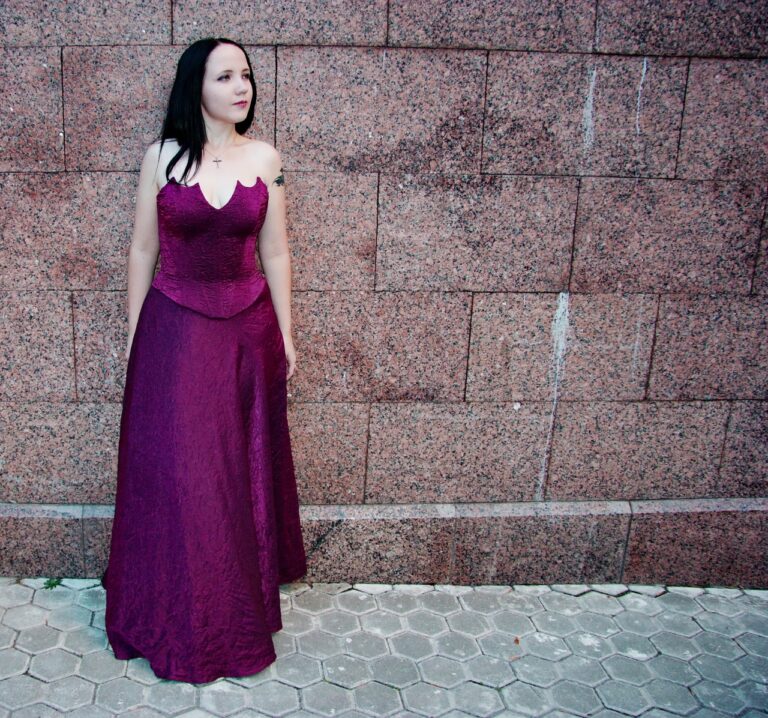Analyzing the Role of Fashion Weeks in Global Markets: Cricket bet 99, Sky11, Reddy anna online book id
cricket bet 99, sky11, reddy anna online book id: Fashion weeks have long been a staple in the fashion industry, showcasing the latest trends from top designers around the world. But beyond the glitz and glamour, these events play a crucial role in shaping global markets and influencing consumer behavior. In this article, we’ll delve into the impact of fashion weeks on the global economy and analyze how these events drive trends, sales, and innovation in the fashion industry.
The Evolution of Fashion Weeks
Fashion weeks have a long history dating back to the early 20th century when Paris hosted the first-ever fashion show in 1903. Since then, cities like New York, London, Milan, and Paris have become synonymous with hosting prestigious fashion weeks that attract top designers, celebrities, and fashion enthusiasts from around the world.
Over the years, the format of fashion weeks has evolved, with the introduction of digital platforms allowing for live streaming of runway shows and instant access to collections online. This has democratized fashion to a certain extent, making trends more accessible to a wider audience and accelerating the pace of the industry.
The Role of Fashion Weeks in Setting Trends
One of the primary roles of fashion weeks is to set trends for the upcoming season. Designers showcase their latest collections on the runway, giving a sneak peek into what consumers can expect to see in stores in the coming months. The trends that emerge from these shows influence not only the fashion industry but also other sectors like beauty, home decor, and lifestyle.
By showcasing a curated selection of designs, colors, and silhouettes, fashion weeks help retailers and brands determine what products to stock and promote in their stores. This creates a ripple effect throughout the supply chain, from manufacturers producing fabrics and materials to retailers curating their collections for consumers.
The Global Impact of Fashion Weeks
Fashion weeks have a far-reaching impact on the global economy, contributing billions of dollars to local economies and driving tourism in host cities. The influx of designers, models, buyers, and media personnel during these events creates a buzz that boosts local businesses, hotels, restaurants, and transportation services.
Moreover, fashion weeks serve as a platform for emerging designers to showcase their talent, gain exposure, and attract investors and buyers. This is particularly important for designers from developing countries who may not have access to the resources and networks available in established fashion capitals.
In addition, fashion weeks play a crucial role in promoting diversity, inclusion, and sustainability in the fashion industry. Many designers use their collections to raise awareness about social and environmental issues, encouraging consumers to make more conscious choices when it comes to fashion.
The Influence of Social Media on Fashion Weeks
The rise of social media has transformed the way fashion weeks are experienced and consumed. Platforms like Instagram, Twitter, and TikTok have become essential tools for designers, brands, influencers, and consumers to share content, connect with audiences, and drive engagement during fashion weeks.
Live streaming of runway shows, behind-the-scenes footage, street style photos, and influencer collaborations have become integral to the fashion week experience, allowing brands to reach a wider audience and create buzz around their collections. Social media also enables instant feedback from consumers, shaping the way designers approach their creative process and marketing strategies.
The Future of Fashion Weeks in a Post-Pandemic World
The COVID-19 pandemic has forced the fashion industry to adapt to new ways of working, with many fashion weeks transitioning to digital formats or hybrid models that combine virtual and physical events. While some argue that the traditional fashion week format is outdated and unsustainable, others believe that these events will continue to play a vital role in driving creativity, innovation, and consumer engagement in the industry.
As we navigate the uncertainties of a post-pandemic world, fashion weeks will likely undergo further changes to accommodate evolving consumer preferences, sustainability concerns, and technological advancements. The role of fashion weeks in global markets will continue to evolve, adapting to the shifting landscape of the fashion industry and influencing trends, sales, and consumer behavior on a global scale.
Conclusion
Fashion weeks are more than just glamorous events showcasing the latest designs; they are powerful platforms that shape global markets, drive trends, and inspire creativity in the fashion industry. By bringing together designers, buyers, influencers, and consumers from around the world, fashion weeks play a pivotal role in driving innovation, promoting diversity, and fostering sustainability in the industry.
As we look towards the future of fashion weeks in a rapidly changing world, it is clear that these events will continue to play a vital role in shaping the global fashion landscape. By adapting to new technologies, consumer preferences, and sustainability standards, fashion weeks will remain at the forefront of driving trends, sales, and innovation in the industry.
FAQs
1. What is the significance of fashion weeks in the global fashion industry?
Fashion weeks serve as platforms for designers to showcase their latest collections, set trends for the upcoming season, and drive innovation in the industry. These events attract top designers, buyers, influencers, and consumers from around the world, shaping global markets and influencing consumer behavior.
2. How do fashion weeks impact local economies?
Fashion weeks contribute billions of dollars to local economies by boosting tourism, supporting local businesses, and creating jobs in host cities. The influx of designers, models, buyers, and media personnel during these events creates a buzz that stimulates economic growth and development.
3. What role does social media play in fashion weeks?
Social media has revolutionized the way fashion weeks are experienced and consumed, allowing designers, brands, influencers, and consumers to share content, connect with audiences, and drive engagement during these events. Platforms like Instagram, Twitter, and TikTok have become essential tools for promoting collections, engaging with consumers, and shaping trends in the fashion industry.
4. How have fashion weeks adapted to the challenges of the COVID-19 pandemic?
The COVID-19 pandemic has forced fashion weeks to innovate and adapt to new ways of working, with many events transitioning to digital formats or hybrid models that combine virtual and physical experiences. While the future of fashion weeks remains uncertain, these events will likely continue to evolve to meet the changing needs of the industry and consumers in a post-pandemic world.







